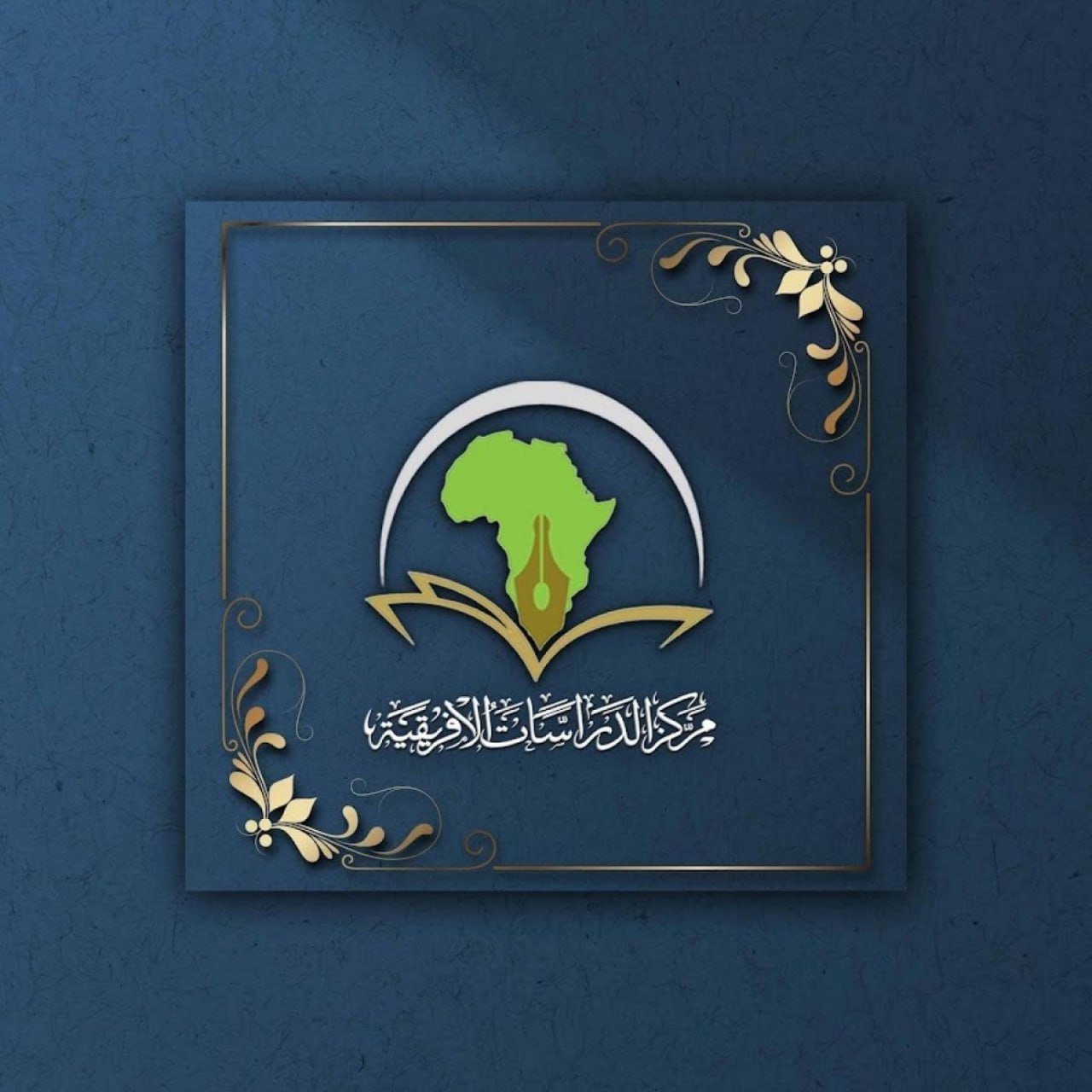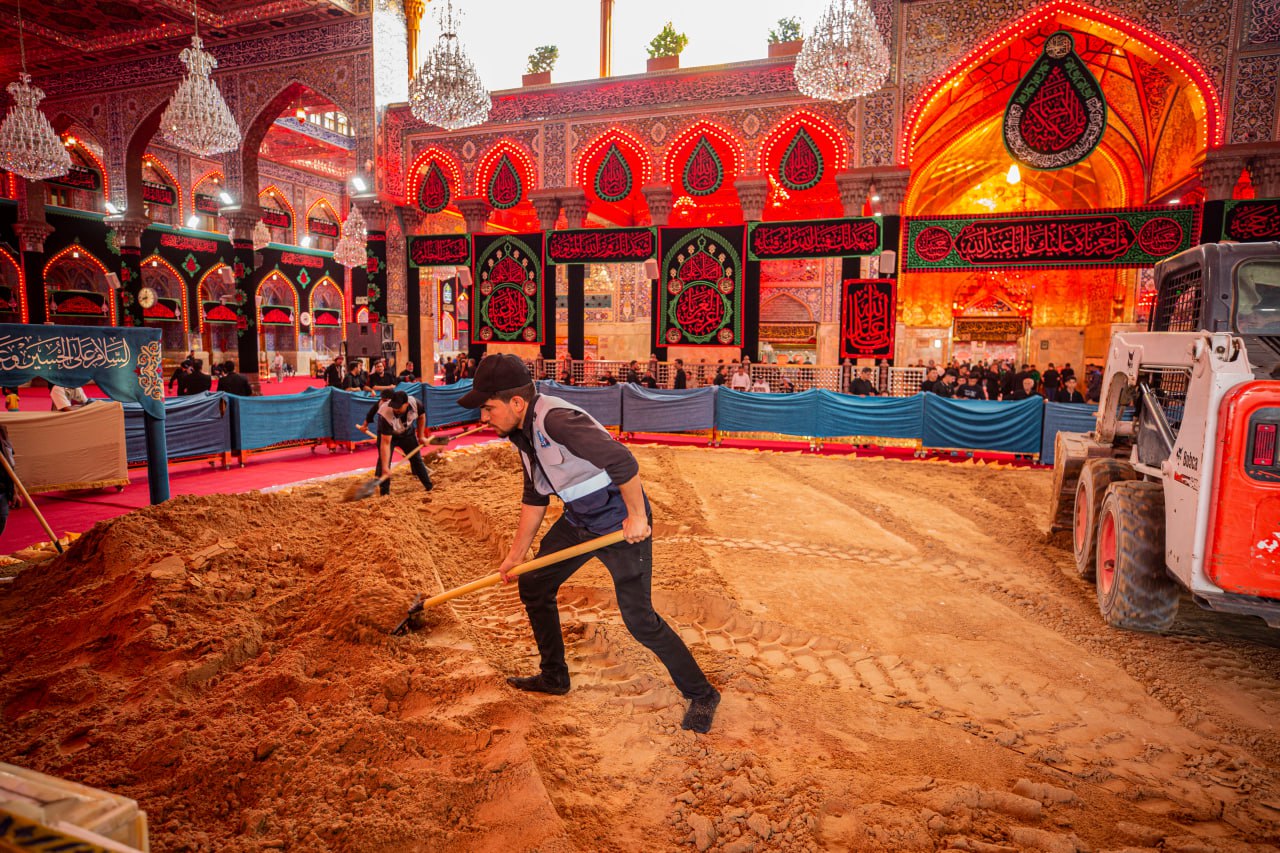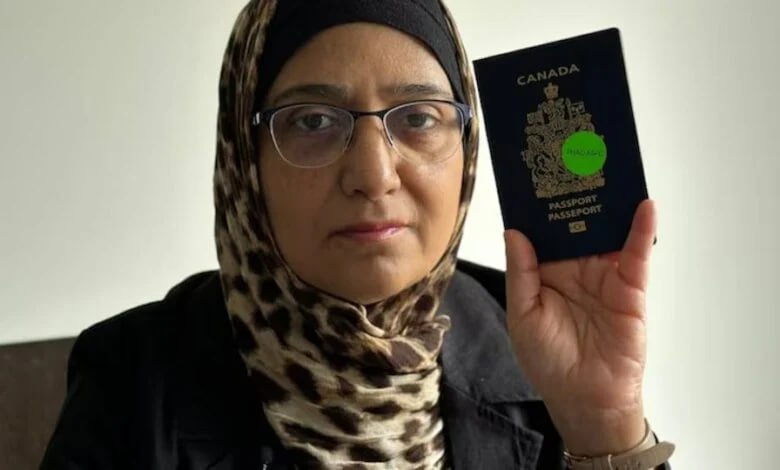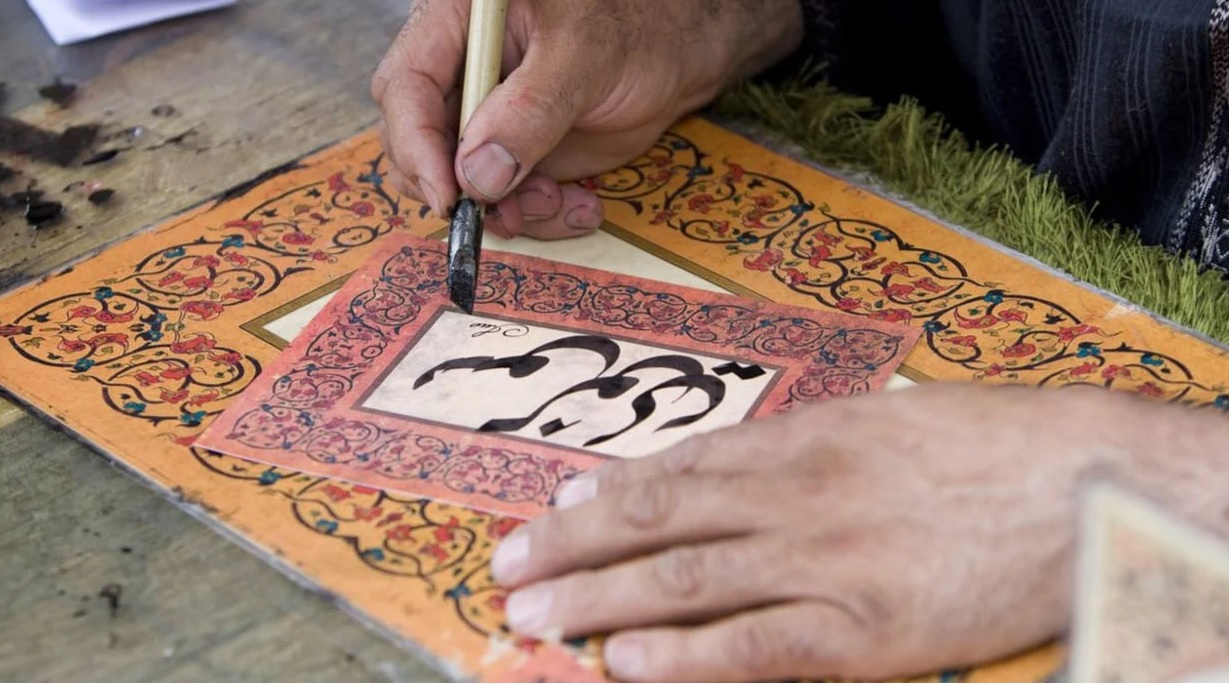Empowering Women: An Islamic Perspective
As we reflect on the birth anniversary of Lady Fatima Al Zahraa (PBUH), it's crucial to delve into the multifaceted role of Muslim women and their pursuit of liberation within the framework of Islamic principles. The involvement of women in various forms of conflict highlights their aspiration to break free from constraints imposed by decadent regimes, emphasising a liberation grounded in moral and cultural integrity.
True liberation for women involves the removal of some social and intellectual barriers, allowing them to excel in social, cultural, and professional realms. Recognising that women constitute half of society's strength, it is imperative to appreciate the sensitivity, influence, and lasting impact of their role in human history's march towards progress.
Key concerns and priorities related to women can be categorised as follows:
1. Preserving Women's Right to Contribute to Society: emphasising that women have a rightful place in fields such as science, economics, and politics, dispelling any notions that restrict their participation based on a misunderstood interpretation of Islamic values.
2. Protecting Women from Violence: Addressing the harsh realities faced by Muslim women globally, including assault, arrest, torture, and societal injustices, with a commitment to defending their rights as outlined in the Quran and Islamic teachings.
3. Shielding Women from Physical Exploitation: acknowledging the distinction between women's participation in various activities based on their capabilities and needs versus objectifying them as instruments of material satisfaction.
4. Raising Awareness through Conferences and Public Events: Recognising the role of events in enhancing women's awareness of critical issues, advocating for education, and emphasising the importance of social fields, family, and sacred responsibilities.
5. Combating Injustice and Racism: highlighting the challenges faced by Muslim women, particularly in Western countries, where discriminatory policies and Islamophobia infringe upon their right to practice Islam freely, including wearing the hijab.
In acknowledging historical injustices and present-day struggles, it becomes imperative to create conditions that enable women to contribute consciously and effectively to societal reform and construction.
Muslim women should be regarded as vital partners in nation-building, participating not only in political and social spheres but also assuming leadership roles in ministries, official institutions, and civil society organisations, and contributing actively to education, culture, and media.
A special mention is due to the Palestinian woman, who endured exceptional circumstances in occupied Palestine. Despite facing annihilation, displacement, and mass killing, Palestinian women have exemplified steadfastness, resistance, and sacrifice, becoming global symbols of heroism and resilience.
In essence, the Palestinian woman serves as a reminder that women can overcome any obstacle, showcasing strength, courage, and resilience on their journey towards achieving goals and making impactful contributions to society.
By: Zainab Abdul Raheem




